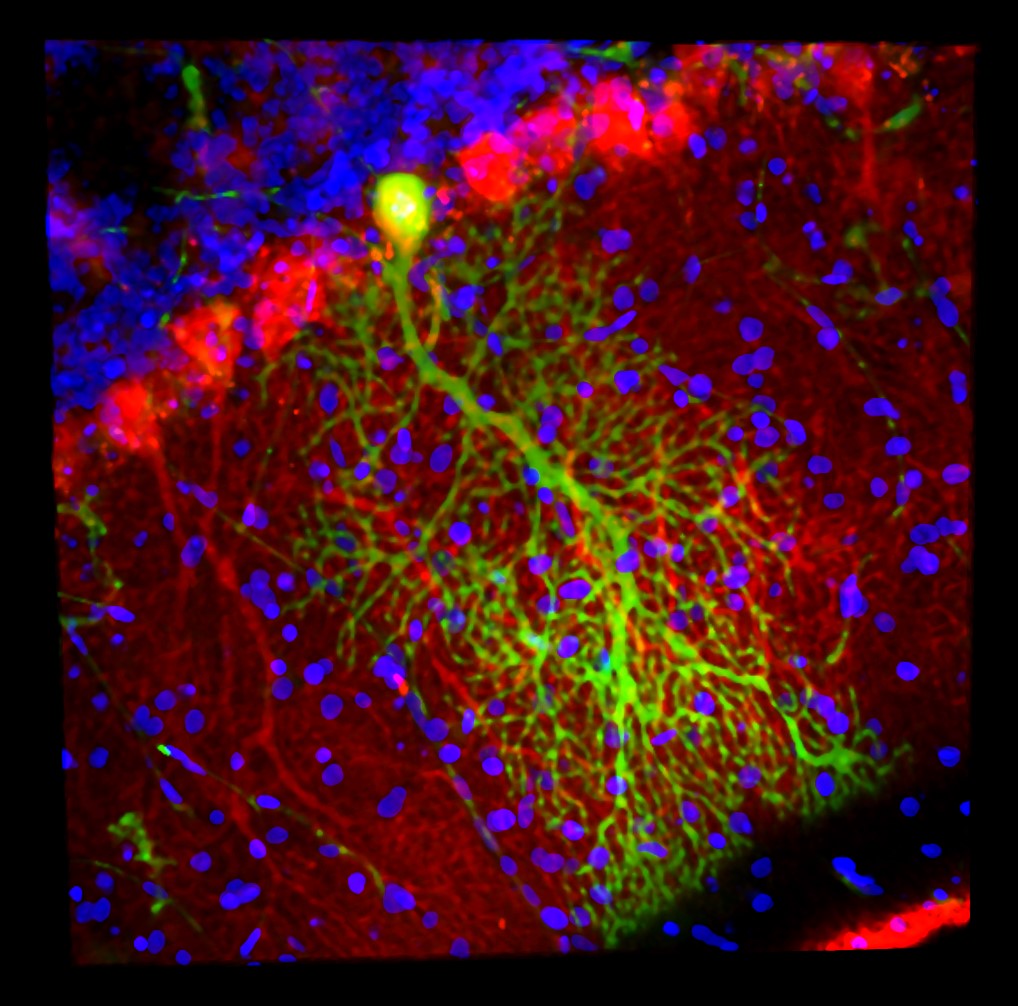Movement

Movement research at the University of Bristol is organised into four broad streams:
Movement Neuroscience
Movement governs our ability to interact with the world, and thus the experience of life itself. The brain learns, plans and executes movement through the action of complex neural circuitry which ultimately governs muscle contraction. In humans and other mammals, structures such as the spinal cord, cerebral cortex, basal ganglia and cerebellum play crucial but distinct roles in the control of movement.
Research in this theme is focused on understanding how cells in different brain areas are connected, how they integrate and coordinate movement signals, and how cells and synapses store information during motor learning. Understanding how the brain completes these tasks is key to developing future approaches to tackle the movement disorders, and will influence the development of new, biologically inspired artificial systems. Our research applies electrophysiology, functional imaging, and precise behavioural monitoring at a variety of scales in the brains of humans, rodents and flies.
People: Richard Apps, J Burn, Paul Chadderton, Paul Dodson, Petra Fischer, Iain Gilchrist, Ute Leonards, Casimir Ludwig
Translation
A key focus of our research is the translation of important scientific discoveries, made in the laboratory or preclinical setting, into novel therapies or technologies to improve the health of people with movement disorders.
Academics in both our basic and clinical scientific communities employ a wide range of techniques and approaches, such as cell culture, animal models and human studies, to develop new methods for disease prevention, diagnosis, and treatment. Translational studies for a variety of movement disorders, including ataxia, Parkinson’s disease and Huntington’s disease, are underway. These studies include the discovery and validation of disease biomarkers, the generation of brain organoids for improved disease modelling, and the testing of novel stem cell and gene therapies.
People: Kevin Kemp, Oscar Codero Llana, James Uney, Claire Rice, Liang-Fong Wong, James Armstrong
Prosthetics and Artificial systems
An important and active area of robotics research is focused on developing machines that can learn and adapt to changing environments as efficiently as animals. It is highly likely that the biological principles underlying these adaptive behavioural changes have the potential to inspire new robotic technologies. Research in this stream is focused on the development of biomimetic technology incorporating novel engineering solutions and computational approaches such as deep learning, informed where possible by findings from basic neuroscience.
People: Rui Ponte Costa, Conor Houghton, Nathan Lepora
Movement Disorders
We apply a variety of approaches to improve the understanding and treatment of movement disorders such as Parkinson’s disease. Basic and translational research using disease models is performed to reveal why these disorders occur and develop novel types of treatment.
At the same time, clinical researchers are addressing knowledge gaps in our understanding of common Movement Disorders, and developing new approaches to improve the outcomes and quality of care of patients with Parkinson’s disease.
People: Alan Whone, Mihaela Boca, Emma Tenison, Matthew Smith, Emily Henderson and Michael O’Breasail, Paul Dodson, Petra Fischer, James Hodge, Kevin Kemp
Movement Hub Steering Group:
- Paul Chadderton (Hub Lead and Associate Professor of Neurophysiology, School of Physiology, Pharmacology and Neuroscience)
- Petra Fischer (Lecturer, School of Physiology, Pharmacology and Neuroscience)
- Emily Henderson (Associate Professor in Ageing and Movement Disorders, Population Health Sciences: Bristol Medical School)
- Conor Houghton (Associate Professor in Computer Science, School of Engineering Mathematics and Technology)
- Kevin Kemp (Senior Lecturer in Neuroscience, Translational Health Sciences, Bristol Medical School)
- Ute Leonards (Professor of Neuropsychology, School of Psychological Science)
- Nathan Lepora (Professor of Robotics and AI, School of Engineering Mathematics and Technology)
